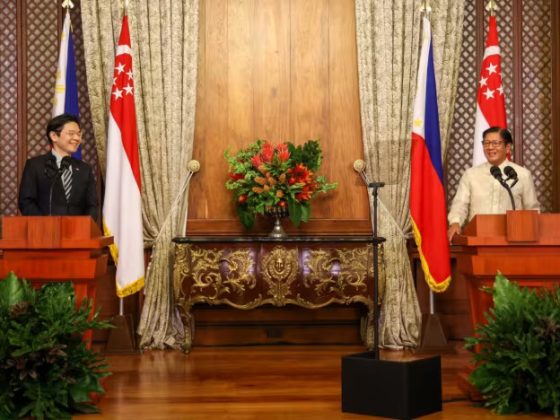Join us at GoSwifties.com
Strategic planning for selecting venues for concert tours, whether domestically or internationally, involves several key considerations. These decisions can significantly impact the tour’s success, affecting everything from financial viability to audience experience.
1. Audience Demographics and Market Research.
Understanding where the artist's fan base is concentrated is crucial. Market research helps in identifying cities and regions with a high concentration of potential concert-goers.
2. Venue Capacity And Type.
The size and type of venue should match the expected audience size. Stadiums, arenas, theaters, and outdoor venues each offer different capacities and experiences.
3. Location Accessibility.
The venue should be easily accessible to the majority of the audience. This includes considerations for public transport, parking facilities, and geographical location within the city or region.
4. Technical Specifications.
The venue must be able to support the technical requirements of the show, including stage design, sound, lighting, and special effects.
5. Availability And Scheduling.
Coordinating the availability of desired venues with the overall tour schedule is a complex logistical challenge. This also involves considering the best time of year to visit certain regions.
6. Cost And Revenue Potential.
The cost of renting the venue and the potential revenue from ticket sales must be carefully balanced. This includes considering the venue's pricing structure, capacity, and additional costs like security and staffing.
7. Brand Alignment And Reputation.
The venue's reputation and brand alignment with the artist can impact the tour's image and appeal.
8. Local Regulations And Laws.
Compliance with local laws, regulations, and licensing requirements is crucial, especially for international tours where these can vary significantly.
9. Previous Sales History In The Area.
Analyzing past concert sales in the area for the artist or similar artists can provide valuable insights into potential audience size and ticket pricing strategies.
10. Partnerships And Sponsorships.
Potential partnerships with local promoters, sponsors, or other stakeholders can influence venue selection.
11. Cultural And Political Considerations.
Especially for international tours, understanding local cultural and political contexts is important to ensure the concert is well-received and avoids controversy.
12. Risk Assessment.
Considering risks like political instability, natural disasters, and health concerns (like pandemics) is part of selecting international venues.
13. Sustainability And Environmental Impact.
More artists and production companies are considering the environmental impact of their tours, which can influence venue selection.
14. Fan Engagement Opportunities.
Venues that offer unique ways to engage fans, such as VIP experiences, meet-and-greets, or special access, can enhance the overall concert experience.
Each of these factors plays a role in shaping a successful and memorable tour, and their importance can vary depending on the specific goals and characteristics of the tour.
Originally published at: GoSwifties.com









